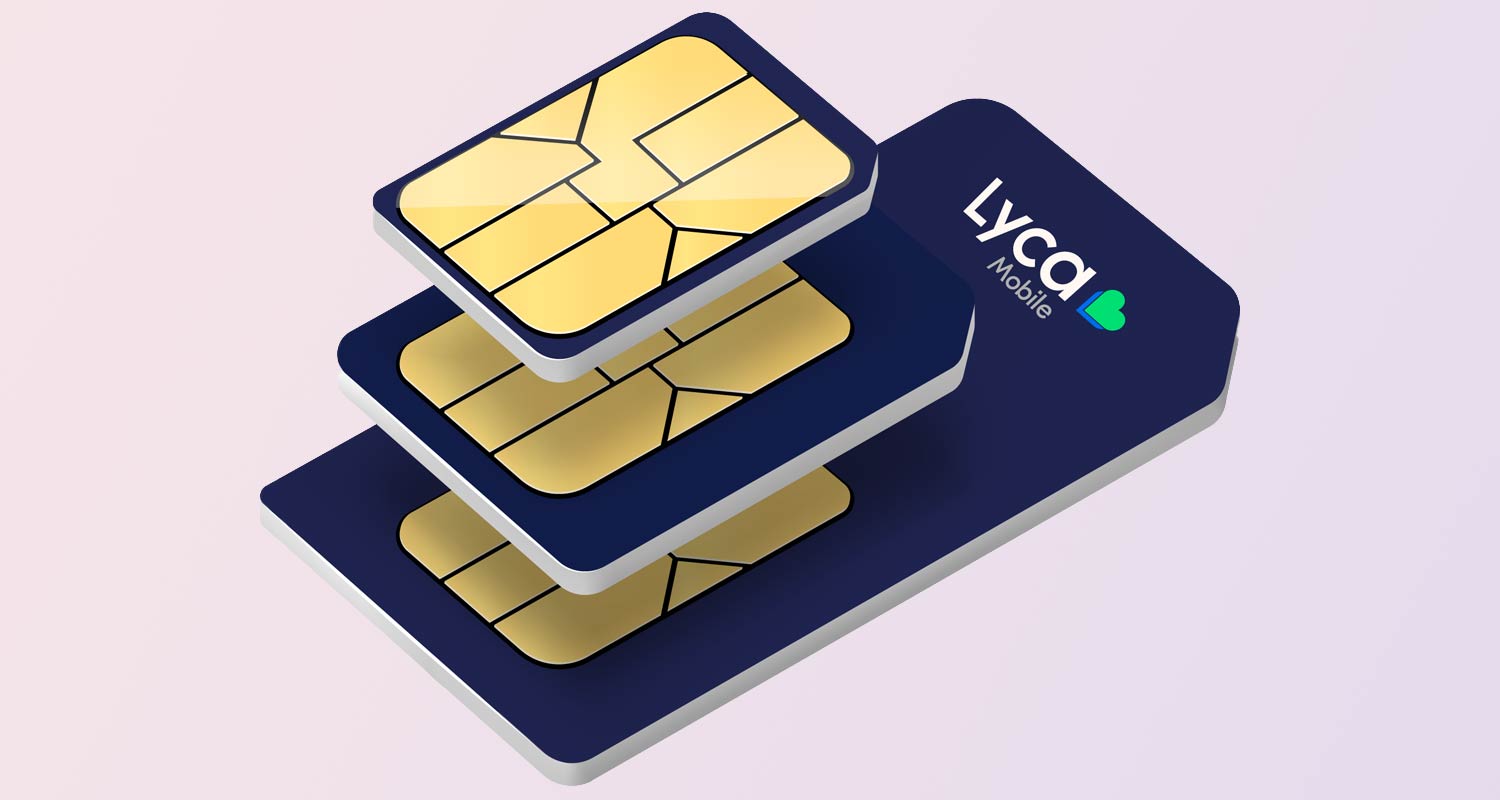Lyca Mobile, a lesser-known mobile virtual network operator (MVNO) in the US but a significant player on the global stage, is taking a bold stand against telecom giant T-Mobile. With over 16 million customers worldwide, Lyca has enjoyed a decade-long partnership with T-Mobile, helping it secure over half a million customers in the US.
However, this relationship has soured, particularly after T-Mobile attempted to end its network-supplying agreement with Lyca, an action contested as violating the terms of T-Mobile’s merger with Sprint.

The Legal Battle Intensifies
The saga between these two companies escalated into legal confrontations, with Lyca Mobile countering a 2022 lawsuit from T-Mobile with its own lawsuit in 2023. Lyca’s antitrust claims against T-Mobile have been deemed “viable” by the court, reflecting the seriousness of its allegations.
Despite Lyca’s attempts to block T-Mobile’s acquisition of Mint Mobile and Ultra Mobile, these efforts were unsuccessful, leading Lyca to seek the Federal Communications Commission’s (FCC) assistance once again.
Accusations of Anti-Competitive Behavior
Company’s grievances include accusations that T-Mobile’s actions since the merger have stifled MVNO competition. These actions, according to company, include unjustifiably raising monthly rates, compromising customer data security, and laying off employees deemed “redundant.” company argues that these practices are part of a broader strategy by T-Mobile to limit competition and favor its own subsidiaries, such as MetroPCS and the Connect sub-brand, at the expense of independent MVNOs like Lyca.

Details Presented to the FCC
In a detailed 35-page presentation to the FCC, which remains partially redacted, Lyca outlines the alleged anti-competitive tactics employed by T-Mobile to promote its brands and marginalize competitors. This document, submitted on May 17, paints a comprehensive picture of how T-Mobile has purportedly used its market power to disadvantage rivals since 2020.
The Dish Network Dilemma
The narrative also touches on Dish Network’s struggles to establish itself as a major force in the US wireless market following its acquisition of Boost Mobile. While it’s unclear how much T-Mobile is to blame for Dish’s challenges, company hints that T-Mobile’s strategies might have indirectly hindered Dish’s progress, further illustrating the competitive dynamics at play.
Lyca’s Calls for Regulatory Action
Lyca Mobile is not only contending with heightened operational costs attributed to T-Mobile’s practices but is also advocating for regulatory intervention. Although it may be too late to reverse T-Mobile’s acquisitions of Mint and Ultra Mobile, company hopes that the FCC’s findings could lead to significant penalties for T-Mobile if the allegations of anti-competitive behavior are substantiated.

Looking Ahead
As Lyca Mobile continues its fight against what it views as unfair practices by T-Mobile, the telecom industry watches closely. The outcome of this dispute could have lasting implications for how competition is managed within the sector, particularly for MVNOs struggling to compete against larger carriers with more resources. The FCC’s response to its complaints will be crucial in setting precedents for competition and fairness in the rapidly evolving telecommunications landscape.










